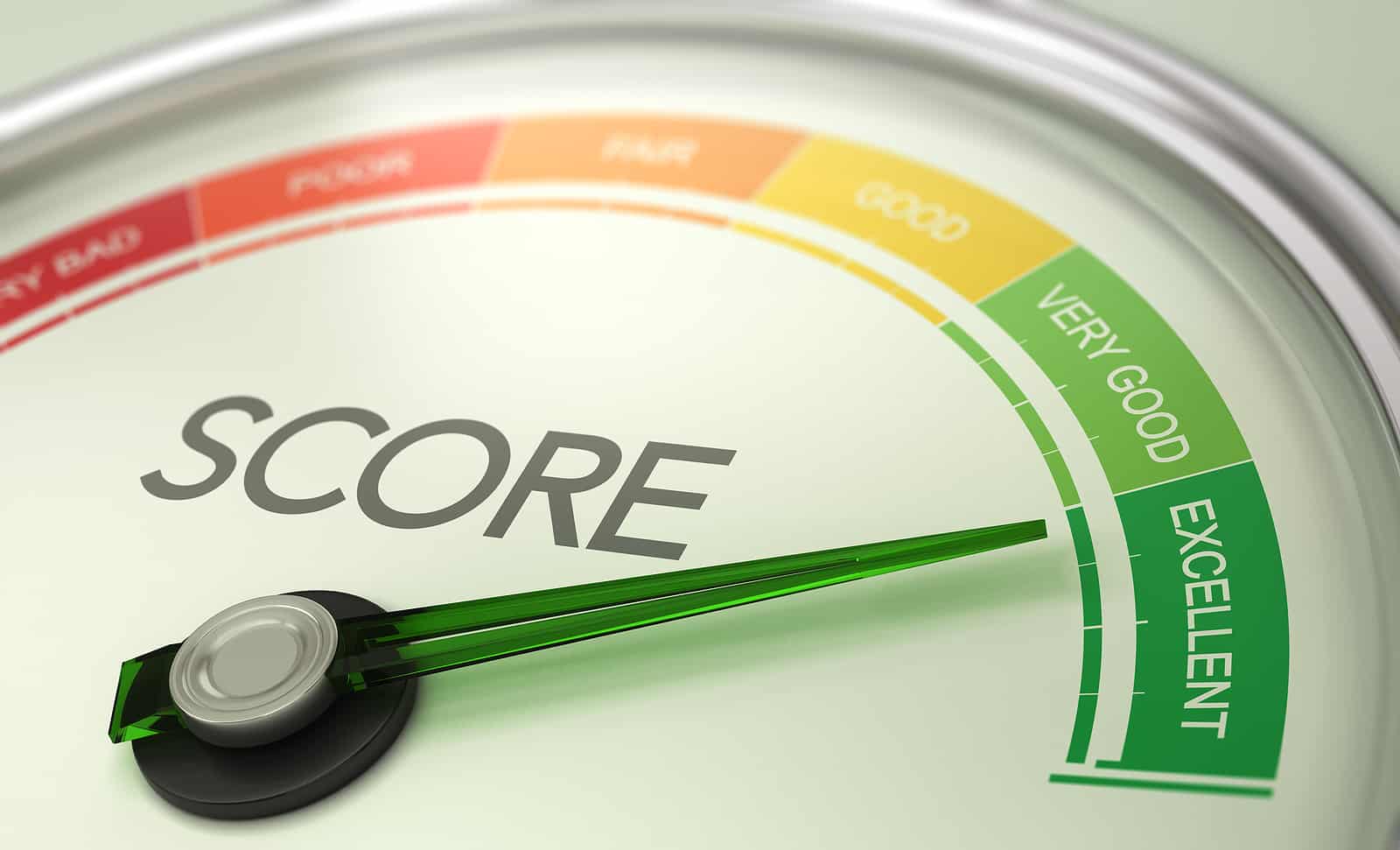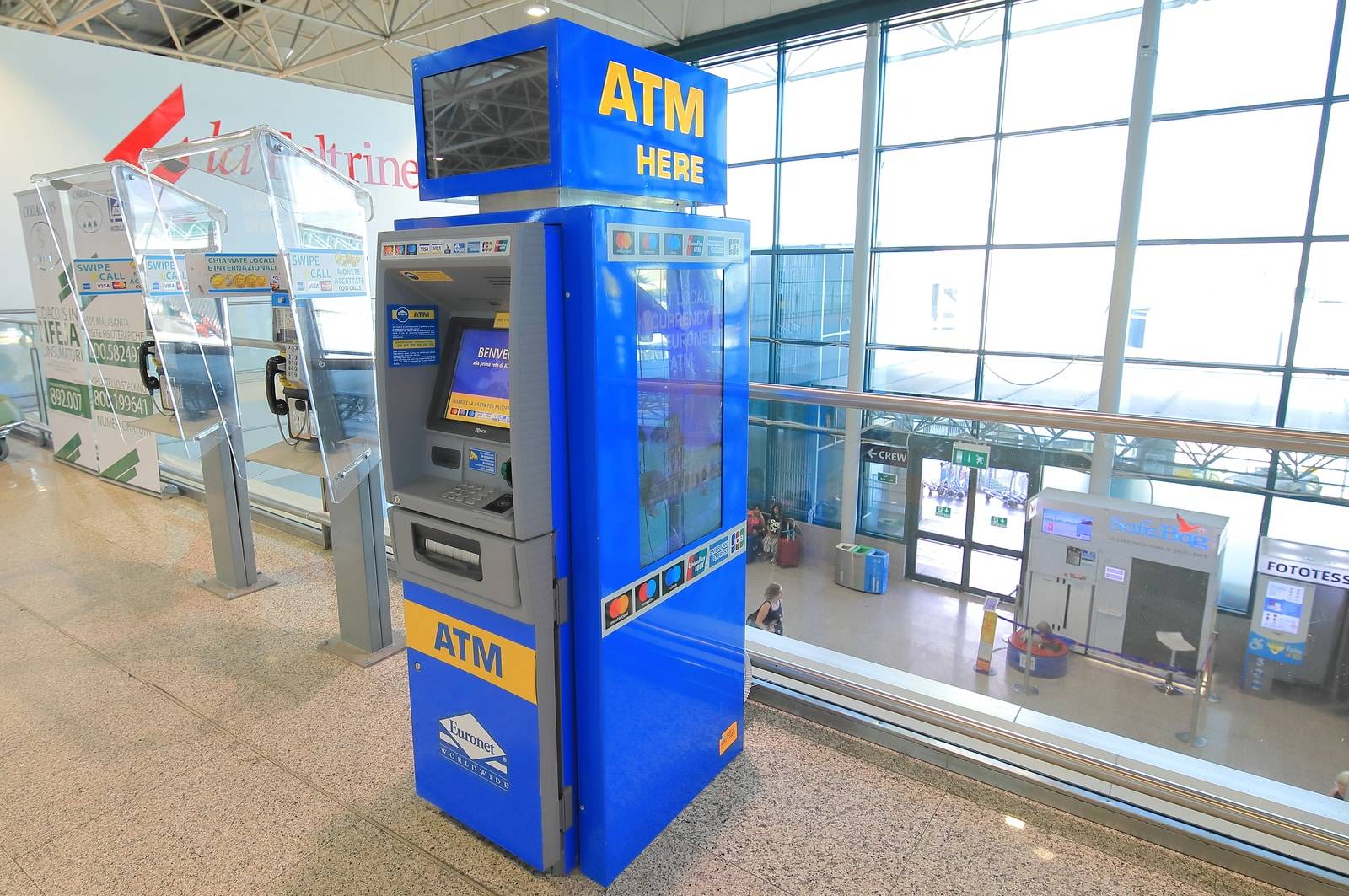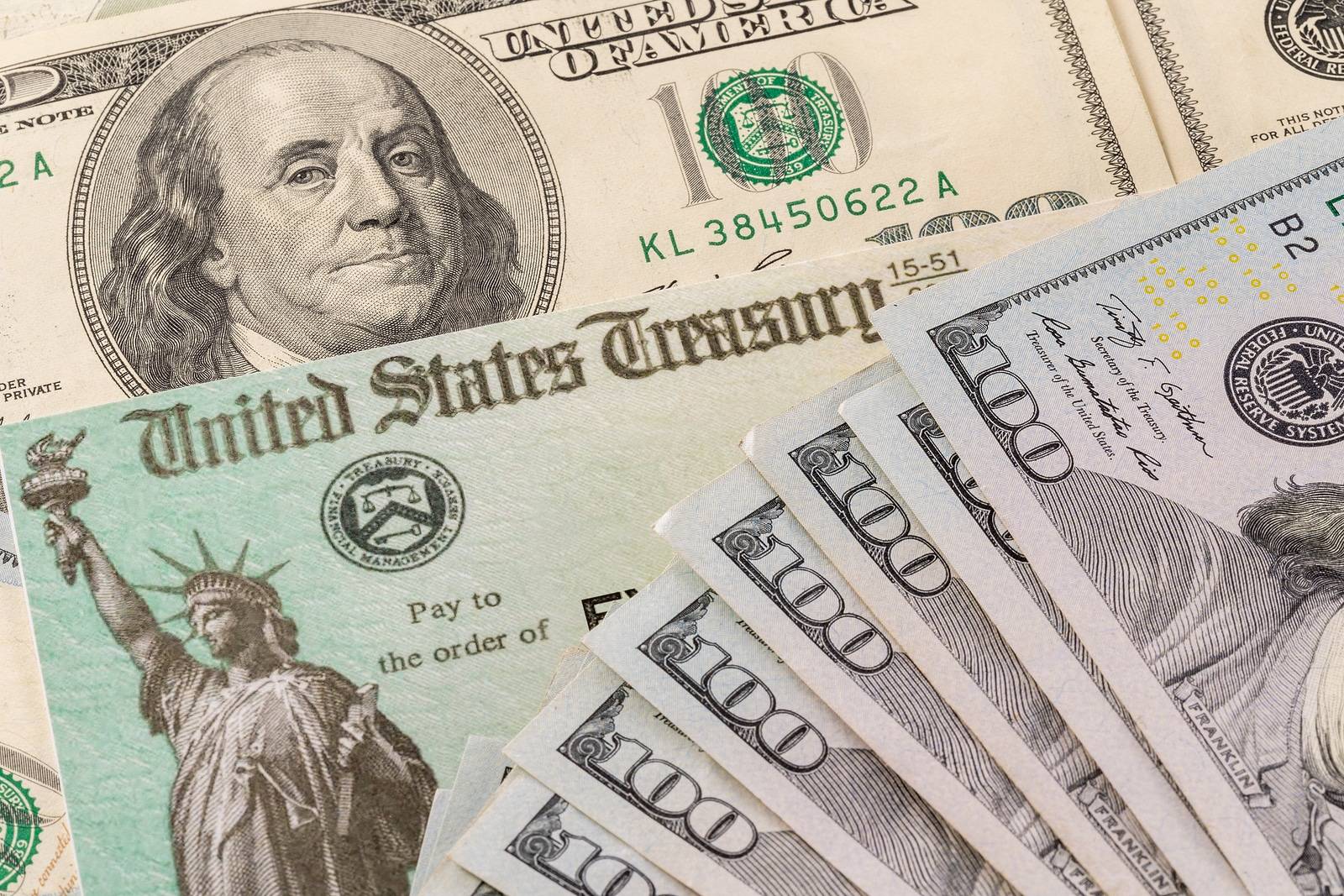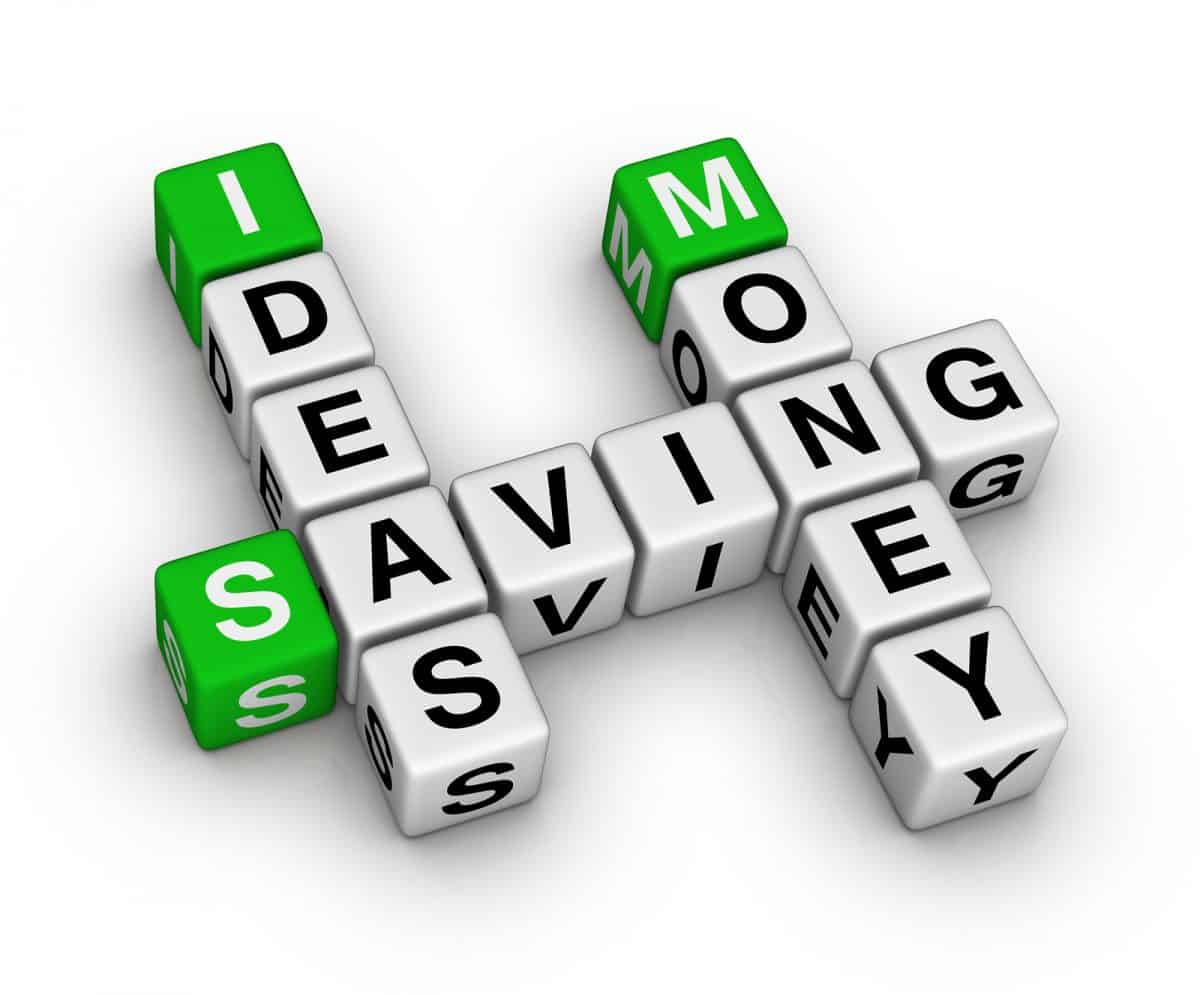Are debit cards dangerous to use this is always on the tops of many people’s minds?
There’s a good chance that you pay for almost everything with your debit or credit card. For most of us, cash can seem a bit archaic. With a debit card, a purchase takes a matter of seconds: Tap (or PIN), pause for processing, receipt, and you’re done. At least, that’s what you’d like to think.
Are Debit Cards Dangerous to Use?
The black bars you see on the back of your credit and debit cards are the least secure payment methods, making them vulnerable to fraud. Unlike credit cards, debit cards provide access to your entire bank account. If a criminal drain your account, you might spend days waiting for the bank to remedy the fraud. It can take up to 14 business days for your bank to investigate fraud. A good credit card like a Chase Preferred offers fraud protection, so you don’t have to do anything. Meanwhile, in the most disastrous of cases, you can be left without a cent.
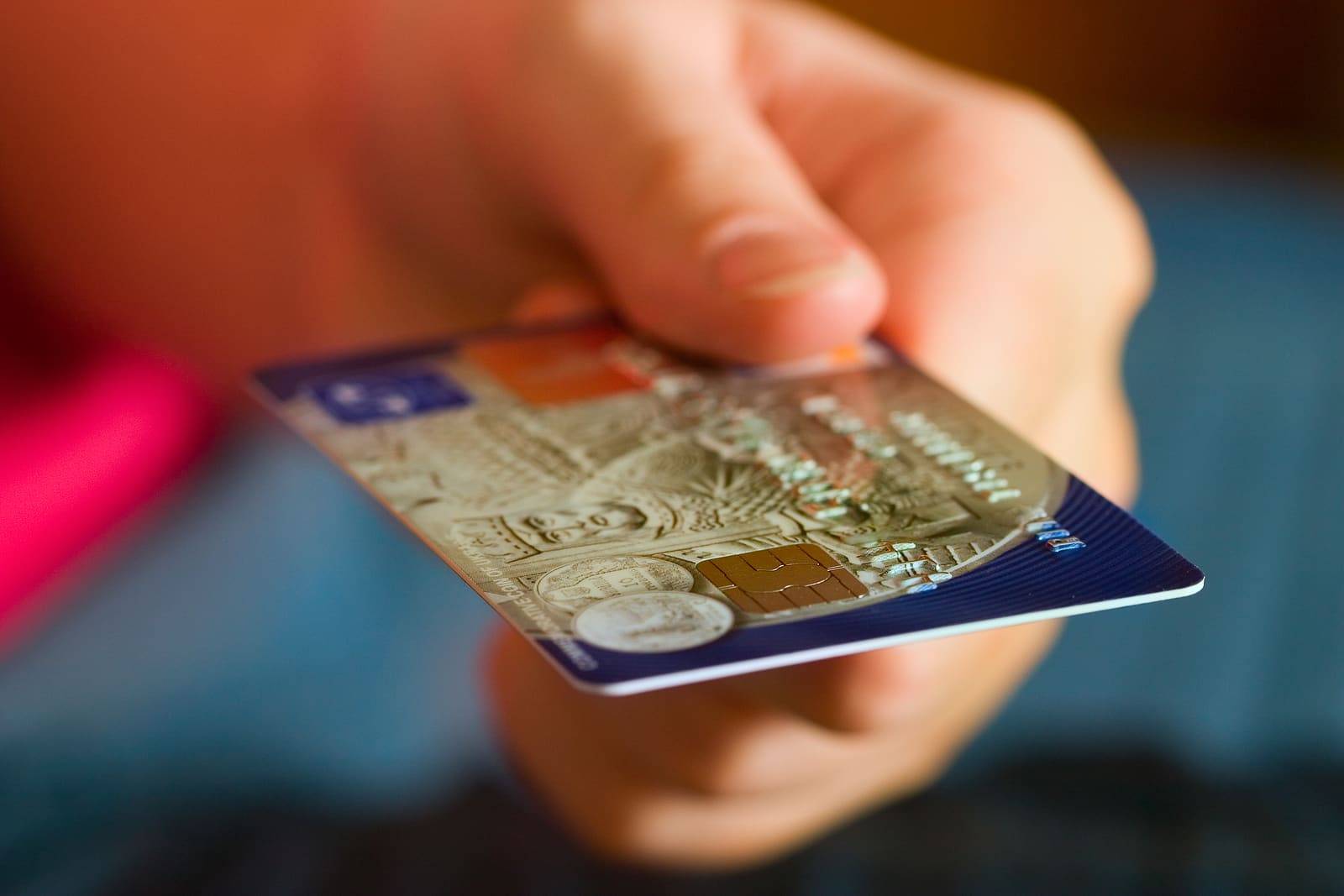
About that magnetic strip or chip
They’re convenient and can be used virtually anywhere. The downside? Magnetic strips and Chips are unencrypted. When you swipe your card, the card reader receives your name, card number, and expiration date. If a criminal installs a card skimmer, they can extract all three. In 2018, the Federal Reserve estimated that 55.4% of all card payments were made using a debit card. For fraud experts, it’s almost too easy.
Chip and pin: measurably better
Chip and PIN cards are more secure than standard cards to a certain degree. While chip and PIN cards use encryption for the information sent between the terminal and processing terminal, they still have magstripes. In this case, criminals will only have access to some of your data. They receive a string of characters used to hide your data, rather than your debit card information.
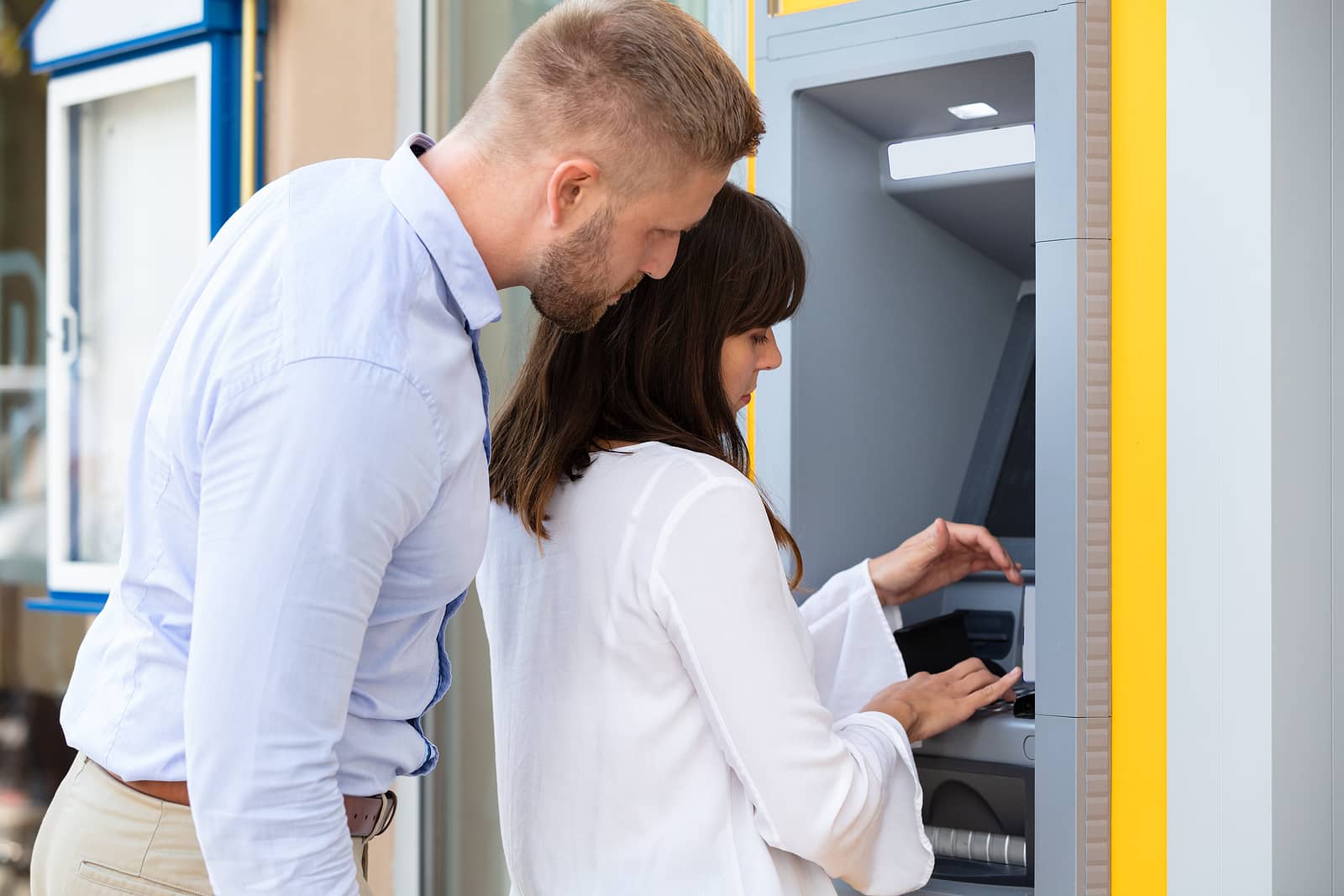
Mobile payments are your safest option
Smartphone-based mobile transactions are the most secure form of payment. Contactless payment (Apple Pay, Google Pay, etc.) sends a different number than your credit card, so the merchant does not have access to your credit card number. It’s a unique, untrackable number, every single time. The only issue lies in availability since mobile payments are not as widely accepted compared to standard card readers.
How Your Debit Card Information is Stolen. Someone can steal your information by:
* Swiping your card through a device designed to read and record account information from the magnetic stripe
* Looking at your PIN as you are inputting it into a machine
* Sending emails pretending to be your bank, requesting access to your bank account information
* Using a machine that jams your card in an ATM, after which a stranger suggests you try your PIN, and after you leave, they remove your card and have your PIN
* Using a fake machine to copy your debit card information and your PIN, so that when you enter your data, it isn’t sent to your financial institution
How to protect yourself from fraud
The best defense against fraud is to use mobile payments wherever possible, and only use chip and PIN when necessary (when mobile payments are not accepted). You can also set up spending alerts on your phone and are notified of a transaction you don’t recognize, simply reach out to your credit card company or bank.
Reduce Your Daily Spending Limit
The daily limit on your card is the amount of money you are permitted to spend or withdraw in a given day. You can reduce your daily spending limit by contacting your financial institution. By doing so, you can reduce the amount of money that a criminal can steal through debit card fraud.
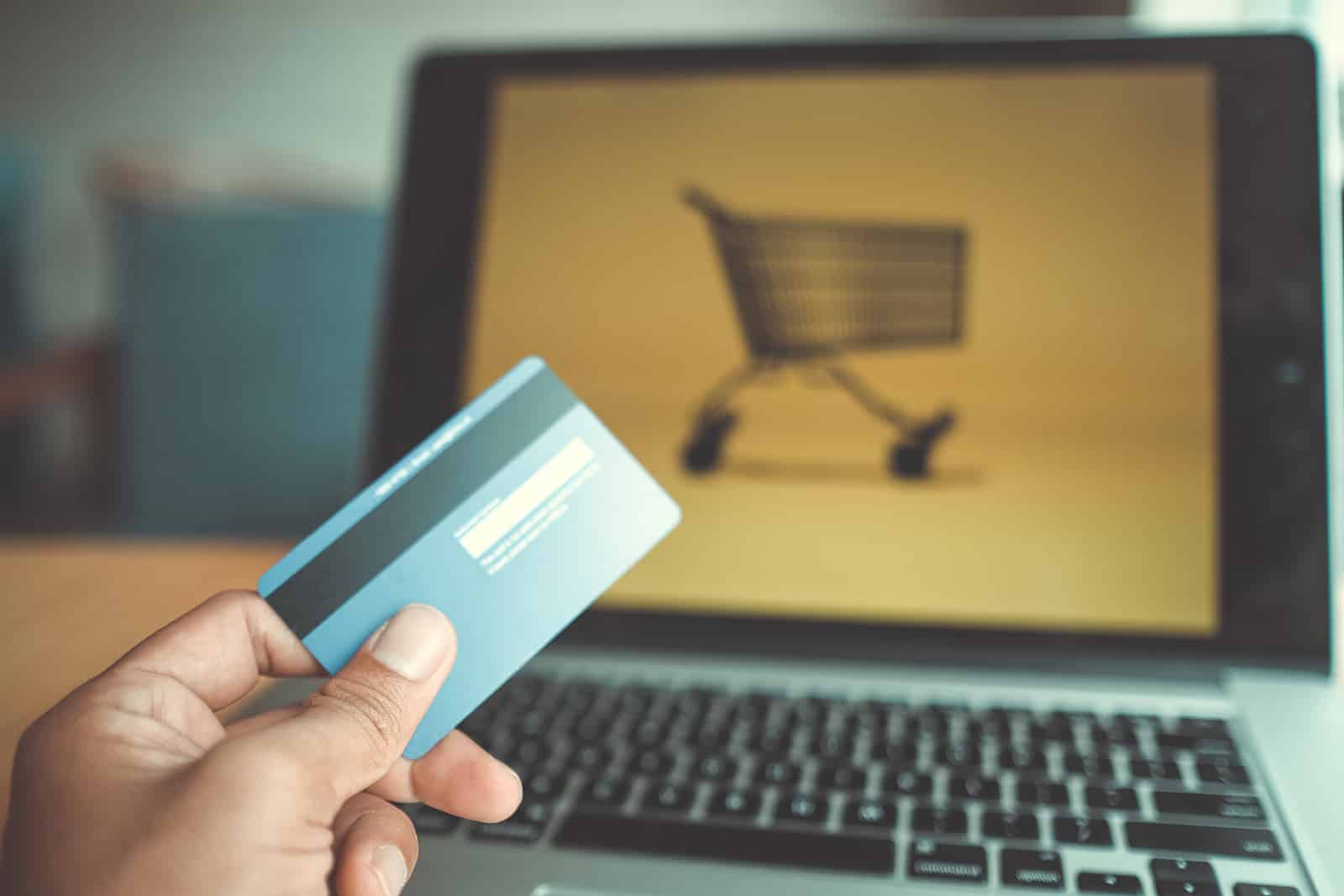
How to protect yourself from fraud
- Choose a PIN that is not easy to guess (ex. do not use your birthday, telephone number, or address)
- Do not share your PIN with anyone, not even a family member or partner
- If you write your PIN down to remember it, keep that information in a secure place away from your debit card, not in your wallet or purse.
- Change your PIN at regular intervals
Place a fraud alert on your debit cards
Contact your bank to activate the fraud alert. In the event of suspicious activity on your card, you can permit them to suspend your card. Your bank will also contact you in the event of suspicious activity, so make sure that your contact information is up to date.
Read more about Email Say’s Online banking is Blocked Now What?




